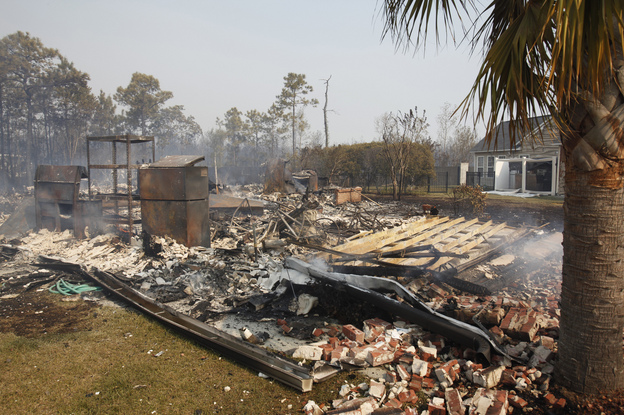
© US Geological Survey
Date-Time
* Monday, April 27, 2009 at 16:46:28 UTC
* Monday, April 27, 2009 at 11:46:28 AM at epicenter
* Time of Earthquake in other Time Zones
Location 17.069°N, 99.386°W
Depth 35 km (21.7 miles) set by location program
Distances 55 km (35 miles) SSE of Chilpancingo, Guerrero, Mexico
60 km (40 miles) ENE of Acapulco, Guerrero, Mexico
140 km (90 miles) S of Iguala, Guerrero, Mexico
260 km (160 miles) S of MEXICO CITY, D.F., Mexico
